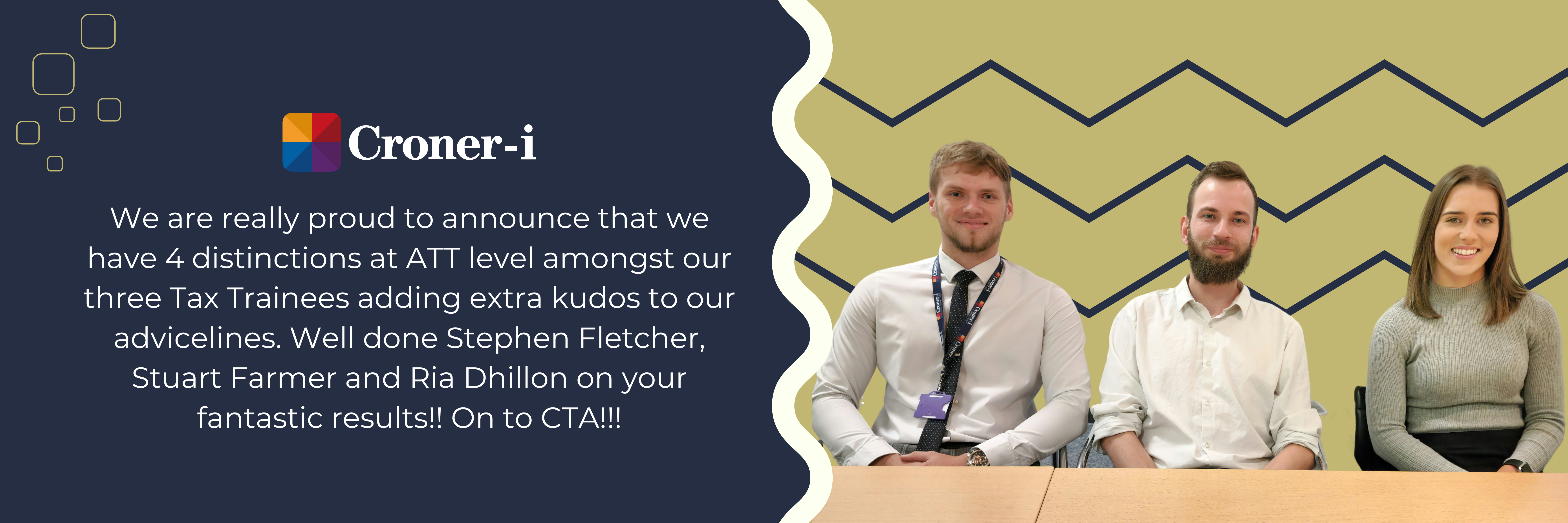In this situation, the company would firstly need to consider the legal requirements of a valid purchase of own shares and then consider the tax issues involved. This explanation will not cover any legal aspects, but I would recommend reading the Croner-i Direct Tax Reporter guidance on the company law requirements which can found at 762-100.
The default position is that the excess of the payment over the share capital is a distribution under s1000 CTA 2010 and taxed on the individual under s383 ITTOIA 2005 at the dividend rates of tax.
Under the capital treatment, which requires certain conditions to be met, the buyback is treated as a disposal for capital gains purposes. The gain may qualify for Business Asset Disposal Relief depending on if the conditions within s.169i(6) TCGA92 have been met.
Income treatment
The dividend assessed will be the amount received on the share buy-back less the original subscription price paid. For example, if the shares were subscribed for par value, £3,000 would be a return of share capital and the balance of £18,000 would be taxed as an income distribution.
Furthermore, as this appears to be a close company, the return of share capital of £3,000 could be taxed as income under the Transactions in Securities regime of Chapter 1 Part 13 ITA 2007 – s684(2)(e) ITA 2007.
Capital treatment
Provided that certain conditions are met, the buy-back will not treated as an income distribution, but as capital consideration for the shares. The conditions are contained within s.1033 to s1048 CTA 2010 with some definitions in s1059 et seq. See HMRC’s Purchase of Own Shares guidance on GOV.UK and at CG58600P.
The primary condition that must be met is the buyback must be made wholly or mainly for the purpose of benefitting the company’s trade. HMRC helpfully provide examples in the above guidance as to when they will accept such a purpose exists. You will see that the examples include a director retiring to make way for new management. Is that case here? If not, what is the reason that will benefit the company’s trade?
You will see that the other tests are more “mechanical” in nature:
- The vendor must be resident in the UK at the time of the purchase s.1034 CTA2010
- The vendor must have owned the shared for at least five years. This can be reduced to three years if acquired as a result of a death and that the holding period of the deceased is included (Holdings periods of a spouse or civil partner can also be included) s.1035 & s.1036 CTA 2010
- There must be a substantial reduction in the vendor’s shareholding (They must not hold more than 75% of their prior interest after the buy-back) s.1037 CTA 2010
- Following the buy-back the vendor must not be connected with the company (In this instanced connected means owning more than 30% of the shares) s.1042 & 1062 CTA 2010
These mechanical tests appear to be met other than possibly the connection test.
From the information stated above, it is not clear if there will be any connection following the back-back. The connection test considers not just 30% of the shares, but also 30% of the loan capital, 30% of the voting rights which would entitle the seller to receive more than 30% of the assets available for distribution and control. You would also need to consider the interests of the individual’s associates as defined by s1059 CTA 2010.
Assuming all the conditions are satisfied, then the next step is to determine whether or not the proposed £7 per share is the market value. If this is not on arm’s length terms, market value can be substituted under s17 TCGA 1992. See CG58650 for HMRC’s comments. If too much is being paid for the shares, then it is unlikely the buyback will be for the benefit of the company’s trade. There can be other tax issues to consider if too much or too little is paid and so a share valuation is strongly recommended.
Advance clearance under s.1044 CTA 2010 is recommended to the client to seek if s.1033 applies to the share buy-back payment from the company. As mentioned above, in view of the Transactions in Securities regime, a clearance under s701 ITA 2007 is also recommended.
Please note, the above is only a brief overview of what can be a complicated area of tax and company law.
PLEASE SHARE THIS ARTICLE WITH YOUR CLIENTS


